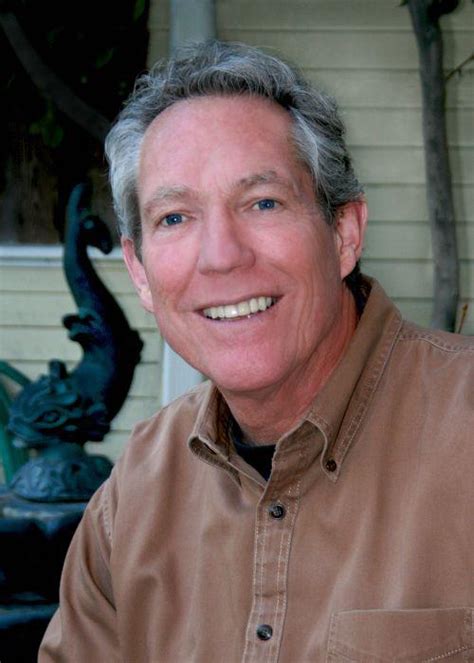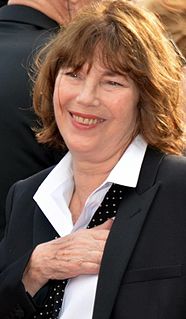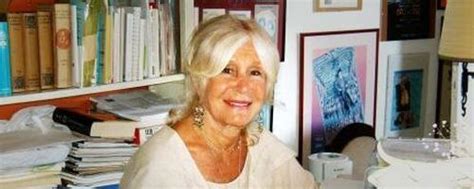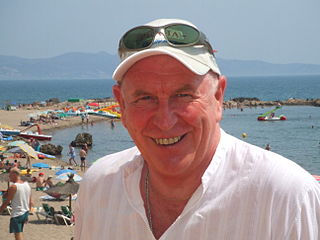A Quote by Ian Rankin
I don't think I have one particular favourite writer. I have many whose works I will always buy or reread - Muriel Spark, Anthony Powell, Robert Louis Stevenson, Ruth Rendell, James Ellroy, William McIlvanney, Kate Atkinson, John Burnside, Louise Welsh, Iain Banks.
Related Quotes
The power of reading a great book is that you start thinking like the author. For those magical moments while you are immersed in the forests of Arden, you are William Shakespeare; while you are shipwrecked on Treasure Island, you are Robert Louis Stevenson; while you are communing with nature at Walden, you are Henry David Thoreau. You start to think like they think, feel like they feel, and use imagination as they would. Their references become your own, and you carry these with you long after you've turned the last page.
Everyone's [ me, Iain Cook and Martin Doherty] equally involved in all the writing. Normally we'll start with a sample or a drumbeat, or a synth sound or something like that, and that will spark the initial idea. And then we'll write an instrumental sketch of a song, and then we put on a nonsense vocal melody, which is always my favourite bit because it obviously sounds amazing.






































